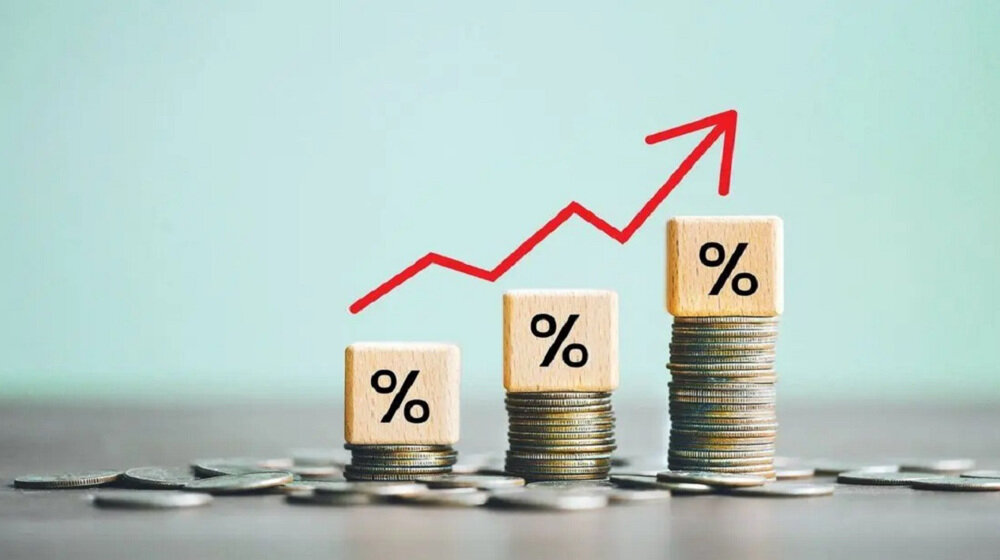
Similar Posts
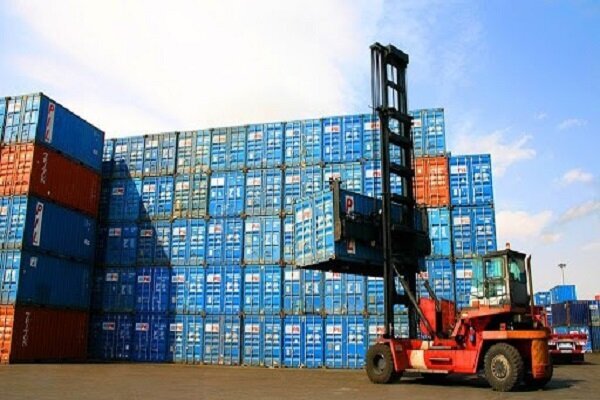
Iran Sees 18% Surge in Non-Oil Exports Over 10 Months, Reports IRICA
Iran’s non-oil commodity exports surged by 18% in the first ten months of the current Iranian calendar year, reaching $47 billion, according to Foroud Asgari, head of the Islamic Republic of Iran Customs Administration. Despite facing sanctions, Iran imported $56 billion worth of non-oil goods, indicating robust international trade engagement. Notably, Khuzestan province contributed 19.2 million metric tons of goods valued at $6.2 billion. This growth in non-oil exports is crucial for Iran’s economic resilience and diversification efforts, fostering job creation and strengthening trade relations while mitigating the impact of sanctions on its oil sector.
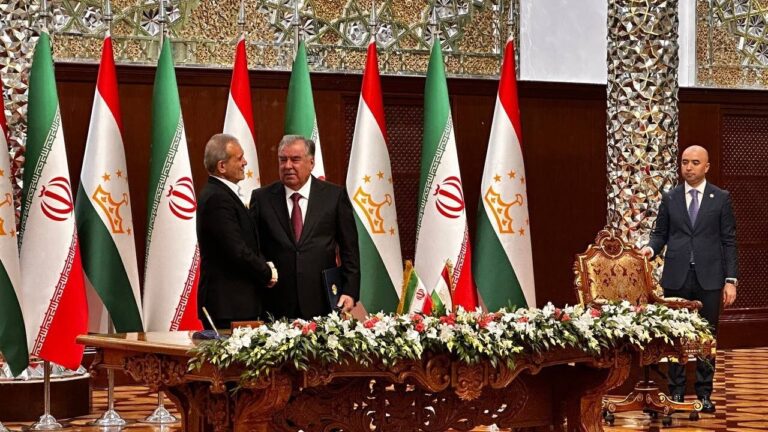
Iran and Tajikistan Forge Stronger Ties with 23 New Memoranda of Understanding
Iran and Tajikistan have taken a significant step in enhancing bilateral relations by signing 13 memorandums of understanding (MoUs) during Iranian President Masoud Pezeshkian’s visit to Dushanbe. The agreements, covering politics, economy, culture, education, transportation, and trade, were formalized at the Iran-Tajikistan Business Forum, aimed at boosting economic collaboration. The visit, initiated by Tajik President Emomali Rahmon, highlighted the commitment of both nations to deepen ties across various sectors. These MoUs are expected to facilitate smoother business operations, strengthen cultural exchanges, and promote regional economic integration, benefiting both countries in the long term.
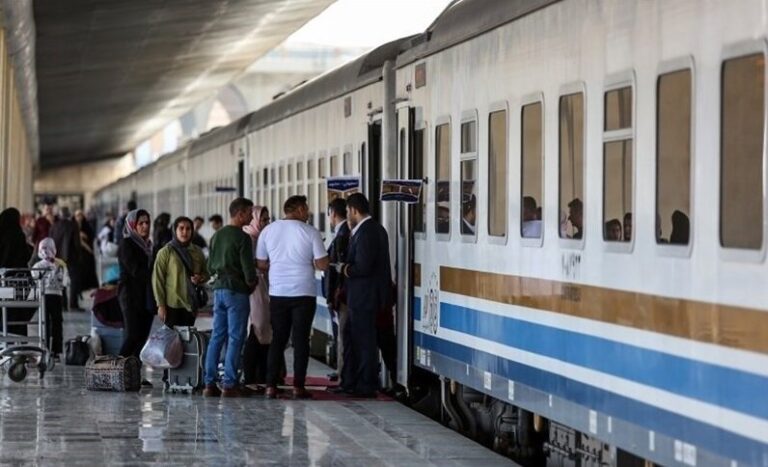
Iran’s Railroad Revolution: Massive Investments Transforming the Sector
Iran’s transportation sector has taken a significant step forward with the signing of two memoranda of understanding (MoUs) in Tehran, aimed at expanding railroad capabilities. The agreements, witnessed by Roads and Urban Development Minister Farzaneh Sadegh, showcase a strong commitment from the private sector to invest over 640,000 billion rials in modernizing the rail fleet, including 2,000 passenger cars and cargo wagons. Notably, one private company will invest 30,000 billion rials for 650 freight wagons. Additionally, a $6.4 billion investment plan aims to enhance the rail fleet and infrastructure, signaling a promising future for Iran’s rail transport and economic growth.
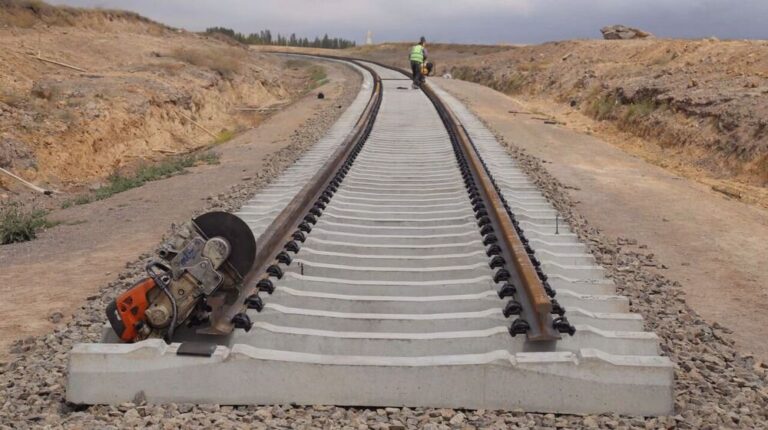
Iran Set to Complete Land Acquisitions for Major Russia-Funded Railway Project by 2026
The Rasht-Astara railway project in northern Iran is advancing rapidly, with significant land acquisitions reported. Deputy Transport Minister Abbas Khatibi announced that around 30 kilometers of land for the 162-kilometer rail link has been secured, with plans to complete the purchasing process by early 2026, involving an investment of approximately $75 million. Initiated in May 2023, the railway is crucial for enhancing trade connectivity between Iran and Russia. It supports the International North-South Transport Corridor, which could rival the Suez Canal in significance. The project reflects both countries’ commitment to boosting economic cooperation and regional trade.
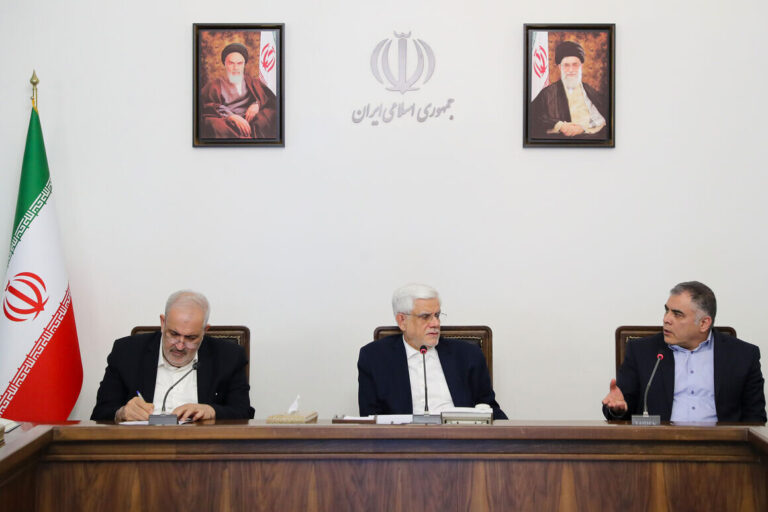
Iran Sets Ambitious Goals to Transform into Regional Energy Hub, Says Vice President
Iran is striving to become a key energy exchange hub to enhance its regional influence, as part of the Seventh Five-Year Development Plan (2024-28). At the inaugural meeting of the Regional Energy Trade Strategic Committee, officials underscored the plan’s goals: addressing energy imbalances, reducing industry losses, and strengthening Iran’s market position. Oil Minister Mohsen Paknejad highlighted energy swap agreements with neighboring countries as crucial for balancing supply and fostering cooperation. The committee, established within six months of the relevant law, will oversee policies and contracts to optimize energy management, targeting significant gas exports and electricity exchanges annually.
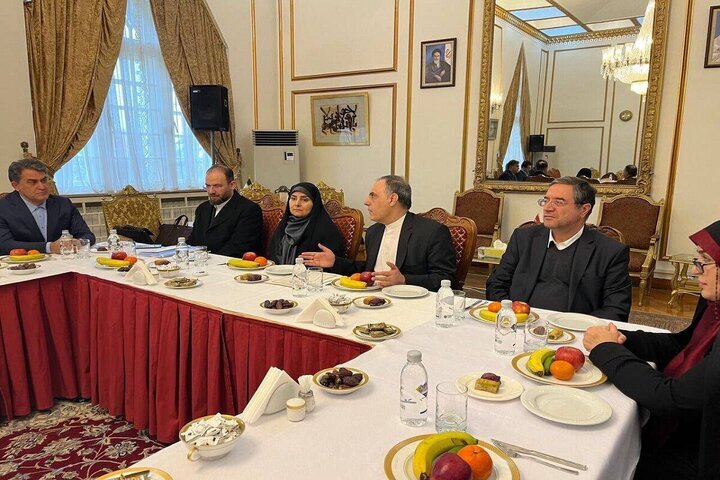
Iran and Turkey Achieve Record-Breaking $14 Billion Trade Exchange in Just One Year!
Iranian Minister of Roads and Urban Development Farzaneh Sadegh’s recent visit to Turkey highlighted the strengthening trade relations between the two nations. Turkey is Iran’s third-largest trading partner, with projected trade reaching $16 billion by March 2025. Discussions focused on enhancing collaboration in infrastructure, logistics, and economic partnerships, emphasizing the mutual benefits of closer ties. Enhanced relations are expected to improve market access, streamline logistics, and foster economic growth. Both countries are optimistic about their future cooperation, which could lead to significant advancements in trade, regional stability, and prosperity.